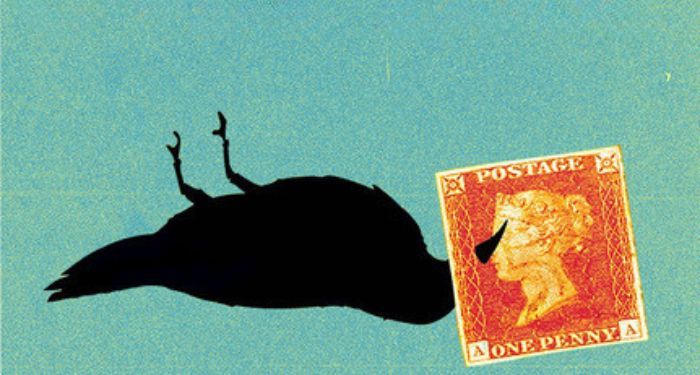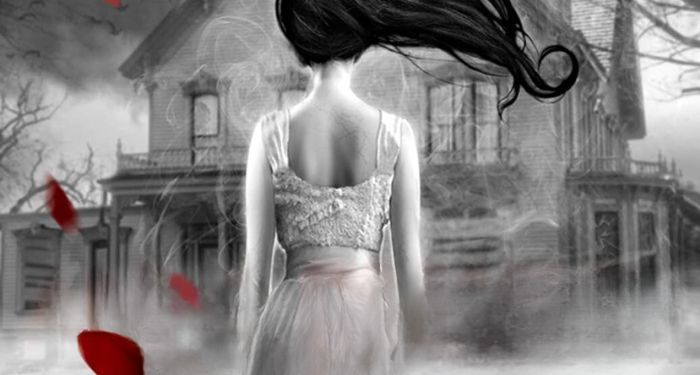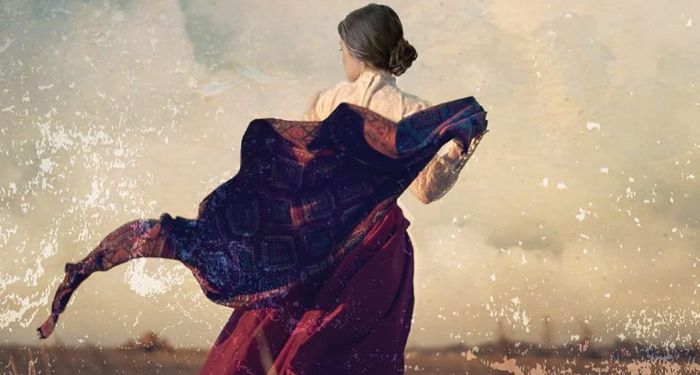Book review of Forest of Noise by Mosab Abu Toha
Fresh on the heels of his debut collection, Things You May Find Hidden in My Ear: Poems from Gaza (2022), which was a finalist for the National Book Critics Circle Award and won the American Book Award, the Palestine Book Award and the Derek Walcott Poetry Prize, the Palestinian poet and essayist Mosab Abu Toha’s Forest of Noise is a dispatch from Gaza and a call for peace while there is still time to save his people. Abu Toha’s poems describe life in Gaza before and after Hamas’ Oct. 7, 2023, attack on Israel, and the result is a harrowing but powerful account of surviving a genocide.
Forest of Noise begins with a tribute to several childhoods: those of Gazan children currently living under constant bombardment, and of Abu Toha himself, who recalls seeing a helicopter shooting a rocket into a building at 7 years old. The rest of the collection performs a similar act, looking back while recounting the atrocities of the present and, at times, offering glimpses of an unknown and potentially catastrophic future. In “A Request,” written in response to a poem by the late Palestinian poet Refaat Alareer, who was killed in an Israeli airstrike in December 2023, Abu Toha hopes for a “clean death,” one where he is not buried under rubble or disfigured by shrapnel, and where the clothes in his closet remain intact for his burial. Other “after” poems, like “After Allen Ginsburg” and “Who Has Seen the Wind [after Bob Kaufman]” rewrite the chaos of other turbulent historical moments in an attempt to make sense of the present. And yet, there are pockets of stillness and quiet reflection. In “Palestinian Village,” the speaker reclines in a peaceful town without conflict. The scene is beautiful, but the idyll is fleeting. By the collection’s final poem, “This is Not a Poem,” imagery collapses in a litany of dismembered limbs. “This is a grave,” writes Abu Toha, “not / beneath the soil of Homeland, / but above a flat, light white / rag of paper.”
Forest of Noise is a difficult but necessary read. As good poetry often does, these poems will keep you up at night and will require you to ask some of the most difficult questions of our time: What kind of world are we living in? What kind of world are we leaving to the children?
Source link



